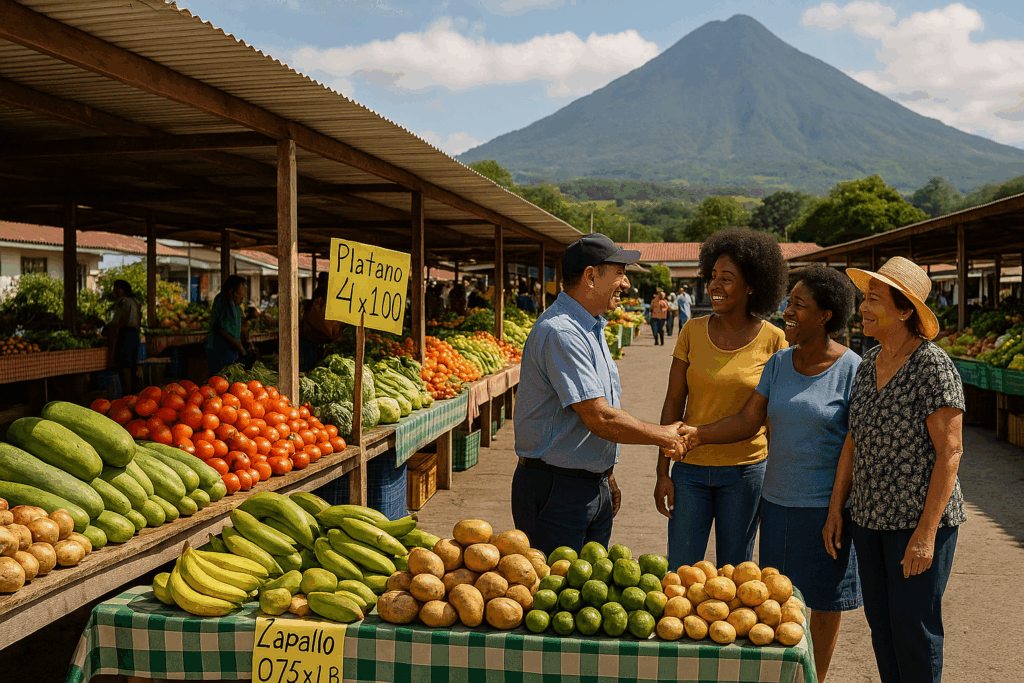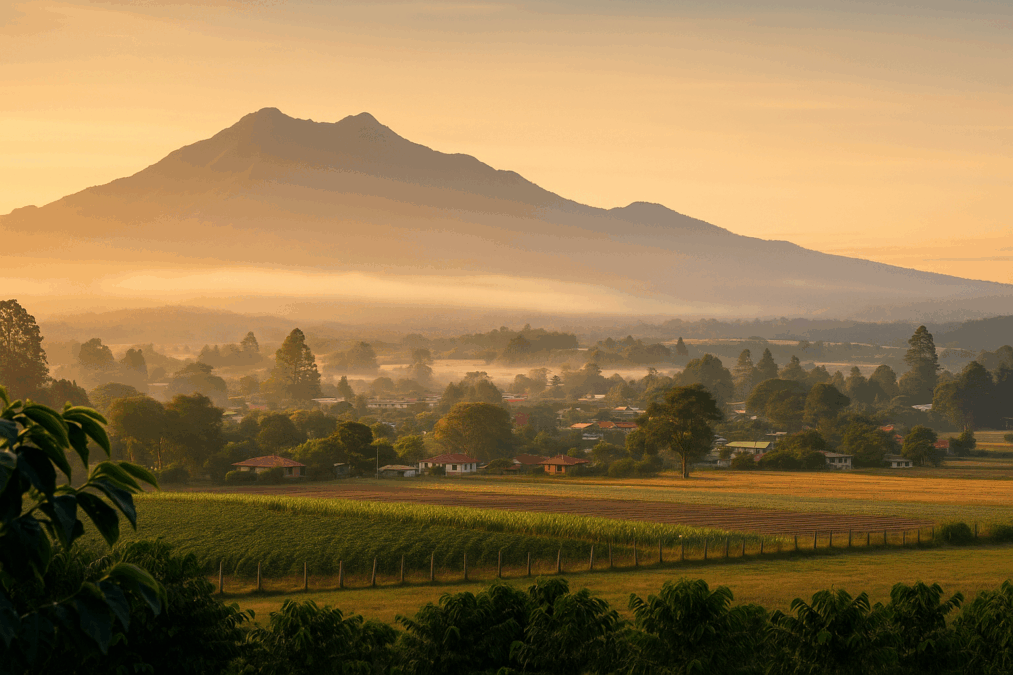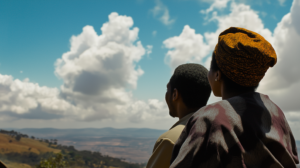The Weight of the Minefield
Being a Black man in the United States means spending your life walking through a field with trip wires. They aren’t always obvious or even visible, but instinctively, you know they’re there. Simple things like buying groceries, driving to work, or taking a run through the neighborhood can turn into an encounter with law enforcement or some obnoxious male or female “Karen”. Who’s watching me? Who’s questioning my right to be here? What happens if an encounter goes wrong?
That minefield shapes you. You learn how to navigate, how to guard, how to survive. But even survival has a cost: a lifetime of tension in the shoulders, a lifetime of measuring every move through the lens of race.
At some point, I realized I wanted more than survival. I wanted to know what it felt like to live without the minefield under my feet.
Looking South
That question led me to Panamá. I didn’t arrive blind—like many before me, I did my research. I read, asked questions, followed the stories of expats who had already made the leap. And then I visited.
The difference struck me almost immediately.
In the U.S., before I even open my mouth, I’m read as a Black man. All the history and suspicion tied to that identity walks into the room with me.
In Panamá, the first question is different: “¿De dónde es?”—Where are you from?
Nationality comes first. Accent comes first. Being foreign comes first. Blackness doesn’t vanish, but it doesn’t carry the same constant suspicion. That difference is subtle, but profound.
Race and Foreignness in Panamá
Panamá is not free of racism. Afro-Panamanians—who make up nearly a third of the country—know this too well. They live with inequities in education, employment, and politics. They navigate color hierarchies that echo across Latin America.
But as an expat, I occupy a different category. I’m not read through the lens of Panamá’s racial history. I’m read as foreign. That means interactions are filtered less through suspicion of Blackness and more through assumptions about nationality and class.
- Police stops? They’re about documents, not color.
- In stores? You’re seen as a customer with money, not a suspect to be shadowed.
- In institutions? Foreigners, Black or white, often receive smoother service than locals.
The weight is lighter. Not absent, but lighter. For someone who has carried America’s racial burden for decades, that difference is everything.
The Foreigner’s Balancing Act
Of course, being foreign comes with its own set of dynamics. You’re assumed to have more resources. You’re treated with a mix of curiosity, respect, and sometimes envy. That privilege can help you—but it can also isolate you if you don’t handle it wisely.
The challenge is to turn foreignness into a bridge rather than a barrier. And that’s where I started building my own guide—ten rules I plan to carry with me as both compass and survival kit.

Ten Rules for Fitting In and Thriving in Panamá
1. Learn Spanish Early and Use It Often
Even broken Spanish changes the interaction. Locals notice the effort. Fluency opens the door to full participation.
2. Be a Neighbor, Not Just an Expat
In small towns, people value presence. Say buenos días. Ask after someone’s family. Let them see you as a neighbor, not just a passerby.
3. Respect Local Customs and Rhythms
Panamá has its own tempo. Time stretches. Holidays matter. Learn the rhythms instead of fighting them.
4. Support Local Businesses and People
Shop at the feria, hire local help, recommend local services. Every choice to spend locally builds trust and reciprocity.
5. Balance Expat and Local Circles
It’s easy to get stuck in the expat bubble, speaking English, eating imported food, staying among your own. Step outside it. Friendships with Panamanians are what root you.
6. Leverage Foreigner Privilege Strategically
As an expat, your voice sometimes carries more weight. Use it respectfully, not arrogantly. Advocate for yourself, and occasionally for others.
7. Don’t Flaunt Wealth
Even modest income goes further here. Live comfortably, but don’t turn your life into a showcase. Humility is the better currency.
8. Acknowledge Shared African Ancestry, Without Assumption
Afro-Panamanians have distinct histories—colonial slavery, canal-era migrations, and West Indian heritage. Respect those stories. Listen before declaring solidarity.
9. Show Long-Term Commitment
Trust builds slowly. Pay bills on time. Keep your word. Stay consistent. People will measure you not by your words, but by your staying power.
10. Redefine Freedom for Yourself
This is the heart of it. Without the minefield of U.S. race life, you finally have space. Use it to build health, community, creativity—whatever freedom means to you now.
Forward Looking
I haven’t made the full move yet. But I’ve visited, I’ve studied, I’ve felt the difference. The plan is no longer abstract—it’s a path I can see clearly now.
Panamá isn’t paradise. Racism still exists. Bureaucracy can frustrate. Language takes work. But the ground is different here. The minefield isn’t waiting under every step.
And that, after a lifetime of vigilance, is more than enough reason to imagine a different kind of life. A life where I can stand as a man first. Where my days are not defined by defense, but by living.
That is the journey I’m preparing for. That is the freedom I’m after.







Add your first comment to this post